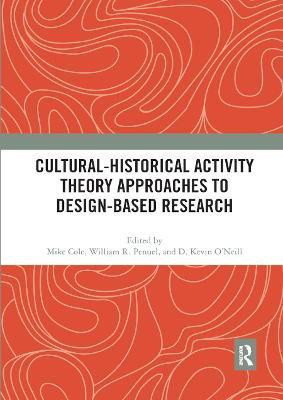Cultural-Historical Activity Theory Approaches to Design-Based Research(English, Paperback, unknown)
Quick Overview
Product Price Comparison
Most intervention research in education aims to demonstrate the efficacy of specific programs and practices. The assumption is that if researchers can produce evidence-based programs that work in a variety of settings, educators will take them up on a large scale. Unfortunately, this approach largely neglects the role that out-of-school experiences can and do play in learning, and assumes that contexts are peripheral to intervention success. However, we know from decades of research that contexts profoundly shape the nature and effects of interventions. Further, researchers may produce interventions that are not usable or sustainable when they do so without incorporating the voices of educators, community members, and families. Design-based research offers a more collaborative approach to organizing for equitable educational change. This approach to developing and testing innovations in classrooms (and other settings) intertwines design and research closely. The essays in this volume draw on inspiration from the work of L.S. Vygotsky and his colleagues, highlighting ways that design research can foreground cultural, historical, and institutional processes as central constituents of learning. Each essay considers concrete ways that institutional contexts shape interventions; how design can support the agency of local participants in developing new learning arrangements and resources; and how communities can organize both with and without researcher-interventionists to address historical inequities linked to race, language, and poverty. As an ensemble, these essays offer productive new approaches for expanding design research methodologies to encompass both issues and contexts that have often been absent in most learning sciences research. This book was originally published as a special issue of The Journal of the Learning Sciences.


